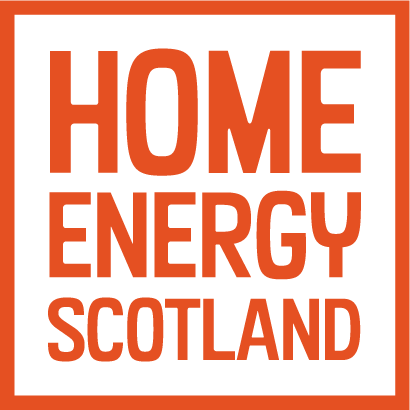Fixed-rate tariffs - should you switch?
Fixed Rate Tariffs Should You Switch?
Fixed rate energy tariffs are making a return - but it's important to check if switching is right for you before signing up.

Fixed-rate energy tariffs have started making a return to the energy market. But it’s important to check if switching would be right for you before signing up.
In this article we disuss the different types of tariffs available and what you should think about if you're considering making a switch.
What’s the difference between a fixed-rate and a variable-rate tariff?
A variable energy tariff is where the price you pay per unit of energy can vary, depending on what your supplier decides to charge. However, Ofgem’s Price Cap on the cost of energy means that suppliers can’t charge you more per unit of energy than the cap allows.
By contrast, with a fixed-rate energy tariff, the price you pay per unit of energy will stay the same even if the market price of energy changes. It’s important to remember that this does not mean your energy bills will stay the same every month. As with other tariffs, the more units of energy you use, the more you’ll pay.
What should you think about before switching to a fixed-rate tariff?
The main advantage of a fixed-rate tariff is that it locks in the price per unit of energy. This means you can protect yourself from potential increases in energy prices.
With a fixed-rate tariff it may be easier to use energy saving tips to save money. Since the price you pay per unit remains the same, you can more easily compare your energy consumption month by month. This could help you with knowing where to cut back on energy use. Check out some of our energy saving tips in our guide on how to reduce your bills.
Energy prices are unpredictable. While a fixed-rate tariff might protect you from potential price increases, it is important to remember that market prices might also drop. If prices decrease during your fixed-rate contract, you may end up paying more than you would with a variable tariff.
Fixed-rate tariffs often involve signing up for contracts that last a set amount of time, such as 12 months. Before entering into a contact, be sure to consider whether it will suit your needs for the whole length of the contract.
Choosing to leave a fixed-rate tariff before the contract end date might result in exit fees. If you are planning to choose a fixed-rate tariff, check whether there would be exit fees and how much they would cost.
The best energy deal for you will depend on your usage and circumstances, so if you’re thinking about switching it’s important to make sure you get a deal that’s right for you.
Switch energy supplier
Read Ofgem's advice on switchingFor more information about switching energy tariff, read this advice from Ofgem.
Latest news and case studies
We have articles, blogs and case studies covering topics ranging from home energy tips to low carbon travel, and business advice to installing renewables.

How to use our Funding Finder

Win £750 worth of appliances and gadgets to make your home more energy efficient





